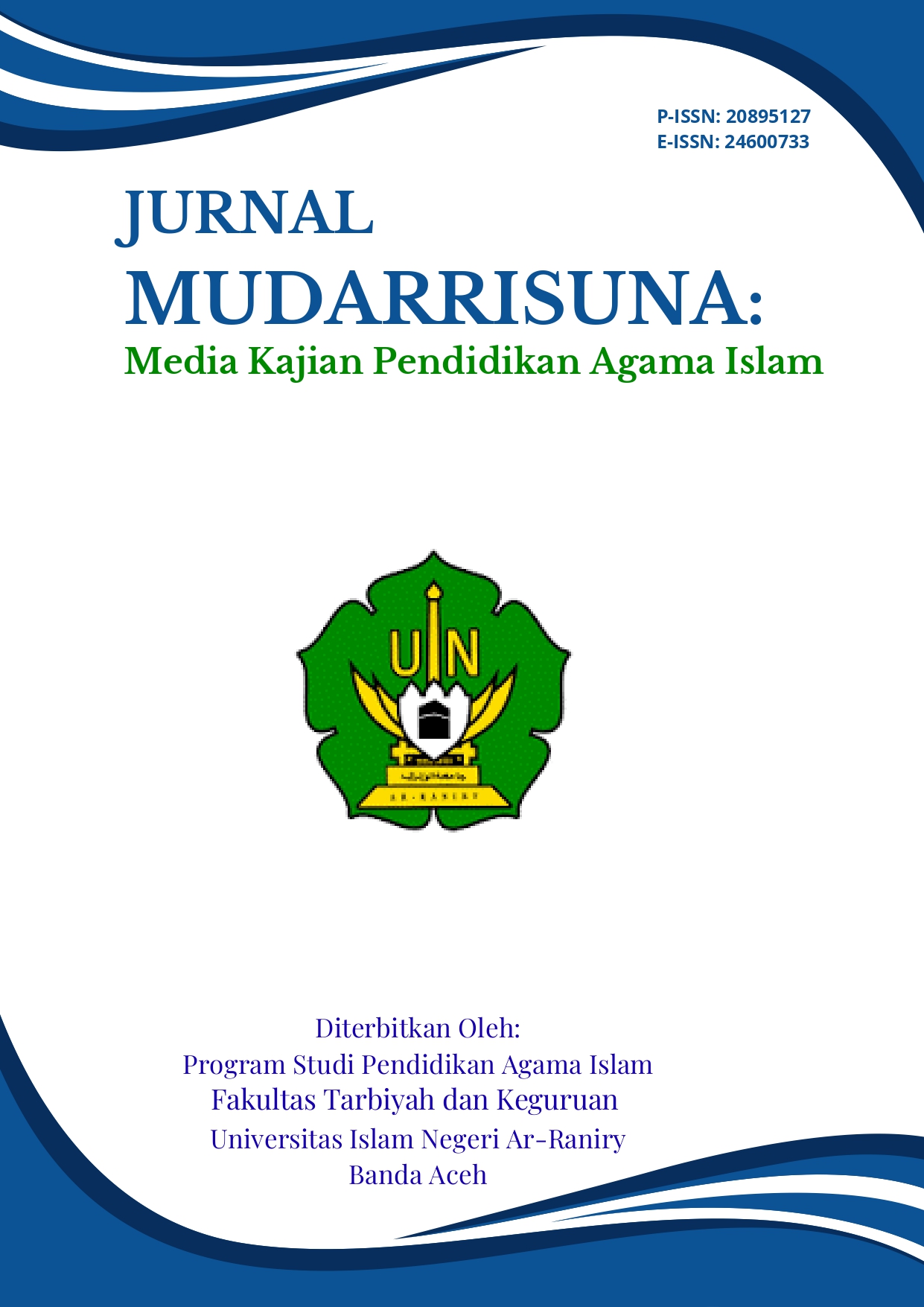AI UTILIZATION IN LANGUAGE LEARNING: INVESTIGATING THE MOTIVES AND IMPACT OF ARTIFICIAL INTELLIGENCE ON STUDENTS’ WRITING SKILLS
DOI:
https://doi.org/10.22373/swh5ay63Abstract
The purpose of this study is to investigate the motives for using AI (Artificial Intelligence) and its impact on the writing skills of EFL (English as a Foreign Language) students. Using mixed methods, this study involved 30 active EFL students. Data were collected through a Likert scale questionnaire to measure the motives for using AI and a writing test before and after using AI. The results showed that the main motives for using AI were to improve writing quality (85%), to help in the editing process (78%), and to increase time efficiency (72%). The analysis of writing skills showed significant improvements in organization (+25%), vocabulary (+30%), and grammar (+28%). However, there was a decrease in originality (-15%). The implications of this study provide new insights into the integration of AI in language learning and the importance of balancing the use of technology with the development of independent writing skills.
Keywords: Artificial Intelligence, writing skills, EFL learning, motives for using AI
Downloads
Published
Issue
Section
License
Copyright (c) 2025 yofi ariski, Safrul Muluk

This work is licensed under a Creative Commons Attribution-ShareAlike 4.0 International License.
Jurnal MUDARRISUNA: Media Kajian Pendidikan Agama Islam allows the author(s) to hold the copyright and to retain the publishing rights without restrictions. Authors who publish in this journal agree to the following terms:
- Authors retain copyright and grant the journal right of first publication with the work simultaneously licensed under a Creative Commons Attribution-ShareAlike 4.0 International License that allows others to share the work with an acknowledgment of the work's authorship and initial publication in this journal.
- Authors are able to enter into separate, additional contractual arrangements for the non-exclusive distribution of the journal's published version of the work (e.g., post it to an institutional repository or publish it in a book), with an acknowledgment of its initial publication in this journal.
- Authors are permitted and encouraged to post their work online (e.g., in institutional repositories or on their website) prior to and during the submission process, as it can lead to productive exchanges, as well as earlier and greater citation of published work.




